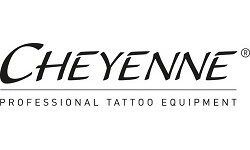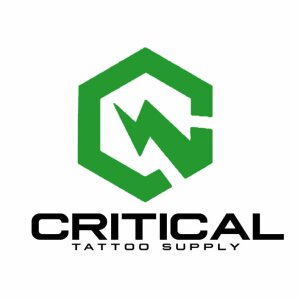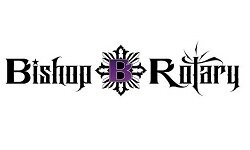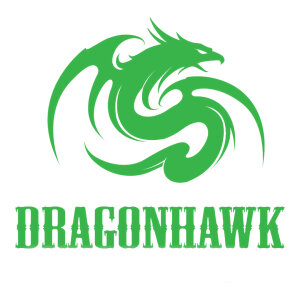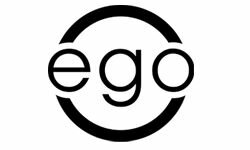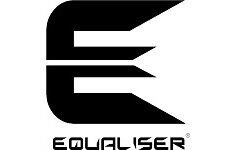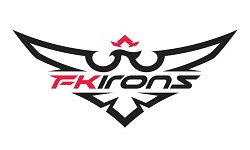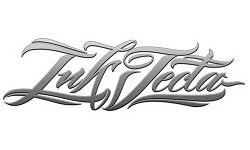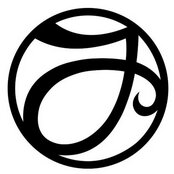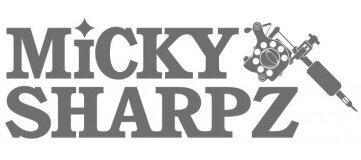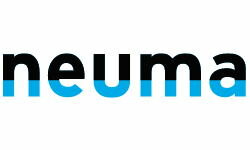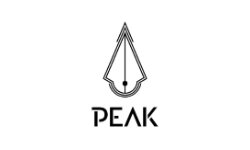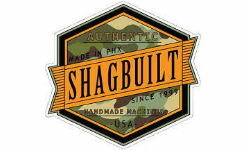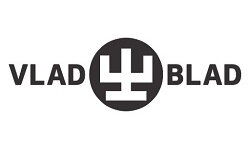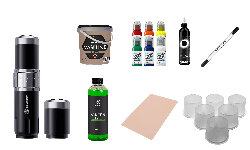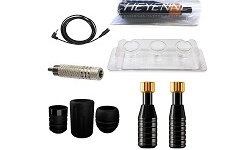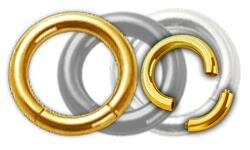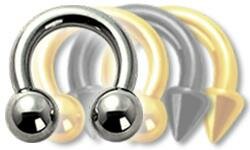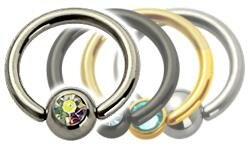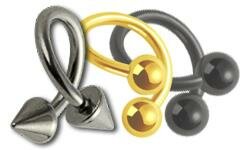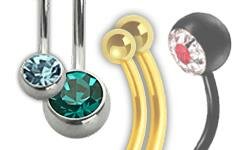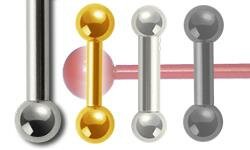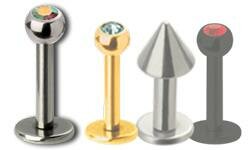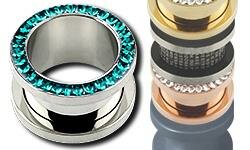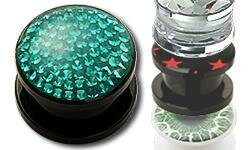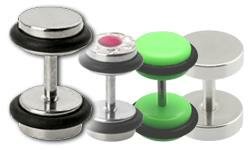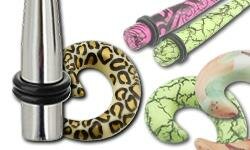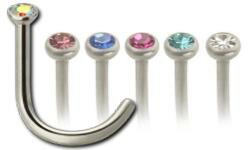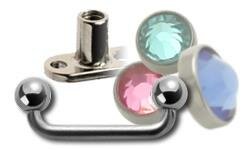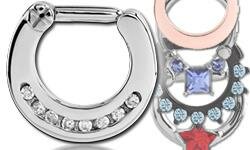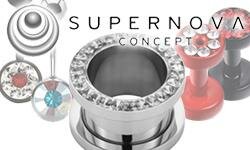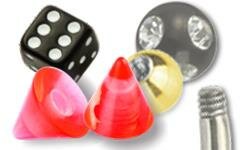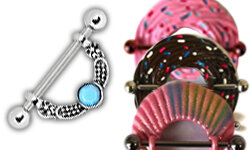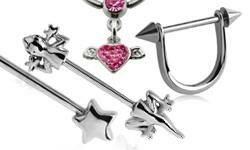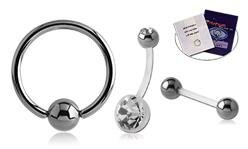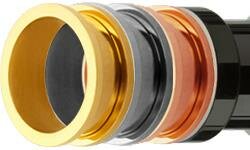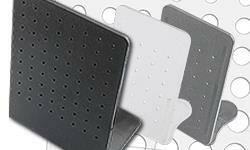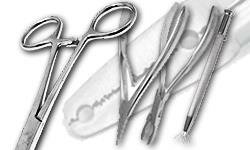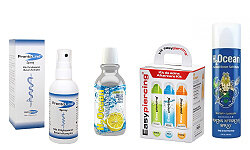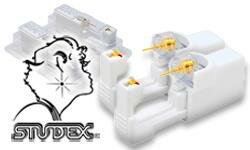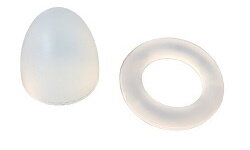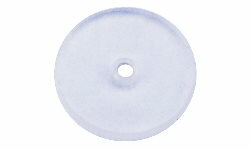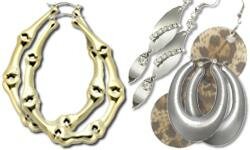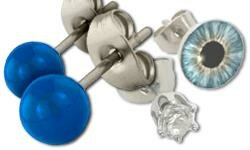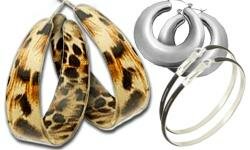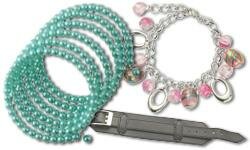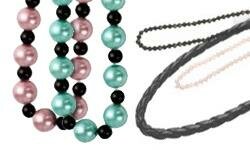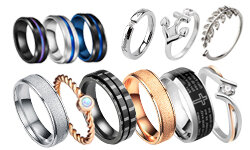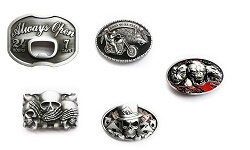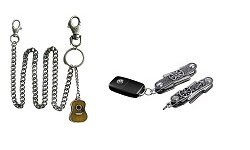All About Tattoo Machines
All About Tattoo Machines!
Tattoo machines are the heart of your equipment as a tattoo artist. Whether you're just starting out or want to deepen your knowledge, it's important to understand the different types of machines, how they work, and which model best suits your needs. Let's take a detailed look at the various tattoo machines and answer some of your questions.
Different Types of Tattoo Machines
-
Coil Machines:
- Function: Coil machines operate through electromagnetic coils that move the needle arm. They are the most traditional and commonly used machines in the tattoo industry.
- Use: Ideal for precise line work and shading. They offer great flexibility in adjusting speed and power.
-
Rotary Machines:
- Function: Rotary machines use an electric motor to move the needles directly. They are known for their smooth and consistent motion.
- Use: Especially good for shading and color packing, as they provide a more even and gentle needle movement.
Differences Between Coil and Rotary Machines
- Coil machines are versatile and customizable, but can be louder and heavier, making longer sessions more strenuous.
- Rotary machines are quieter, lighter, and produce less vibration, making them more comfortable for prolonged work.
Corded vs. Cordless Machines
- Corded machines are traditional and connect the machine to the power supply via a cable. They are generally reliable and provide a constant power supply.
- Cordless machines operate with built-in batteries, giving you more freedom of movement. They are ideal for artists who prefer an uninterrupted workflow without bothersome cables.
Stroke Length and Give
- Stroke Length: Stroke length refers to the distance the needle travels with each pass. A longer stroke length is better suited for line work, while a shorter stroke length is ideal for shading.
- Give: The "give" of a tattoo machine describes how flexible the needle reacts to the resistance of the skin. An adjustable give allows you to set the machine softer or harder, depending on the technique and skin type.
Best Tattoo Machine for Beginners
For beginners, it is recommended to start with an easy-to-use rotary machine. These are simpler to handle and more forgiving in terms of needle depth and pressure exerted during tattooing.
What Power Supply Is Needed?
A good power supply is essential to ensure that your machine runs consistently and delivers the desired performance. For most machines, a standard power supply with adjustable voltage is sufficient to adjust the speed and power of your machine.
Other Important Accessories
- Work lamps to adequately illuminate the work area.
- Tattoo chairs and beds for the comfort of your clients.
- Organizers for your equipment to keep everything within reach.
Conclusion
Understanding the different types of tattoo machines and knowing how to effectively use them can make a difference in your career as a tattoo artist. Invest in quality and continuously educate yourself to stay up-to-date with the latest technology. This ensures not only the satisfaction of your clients but also long-term success in your craft.

 Black
Black White
White Grey
Grey Brown
Brown Red
Red Yellow
Yellow Pink
Pink Skin Tones
Skin Tones Orange
Orange Violet
Violet Green
Green Blue
Blue